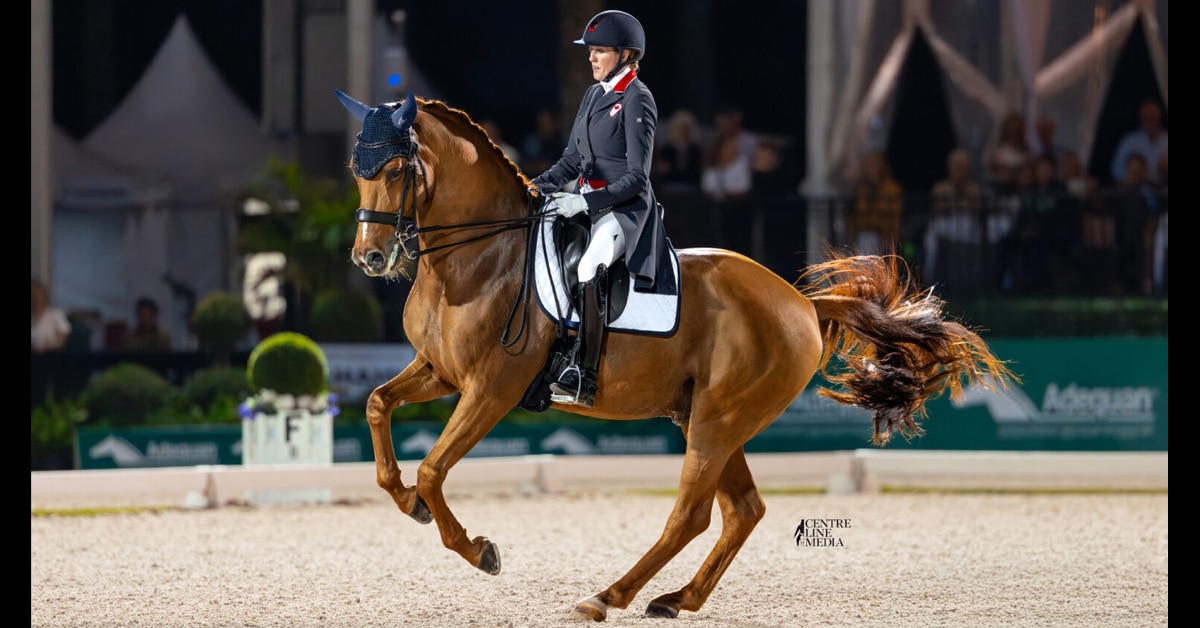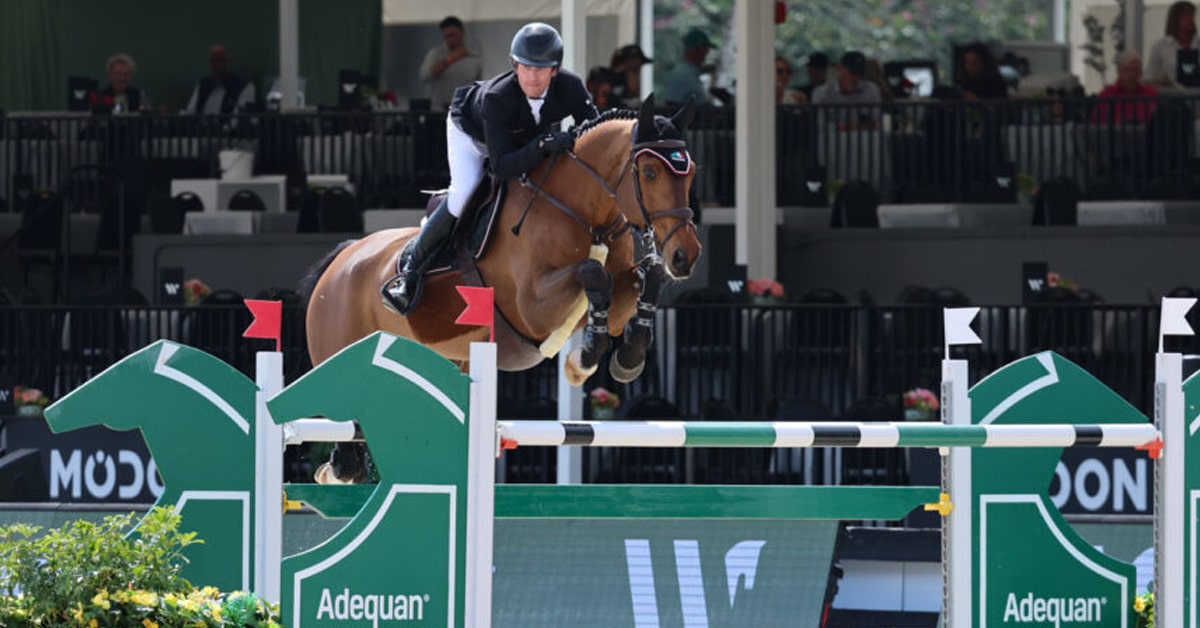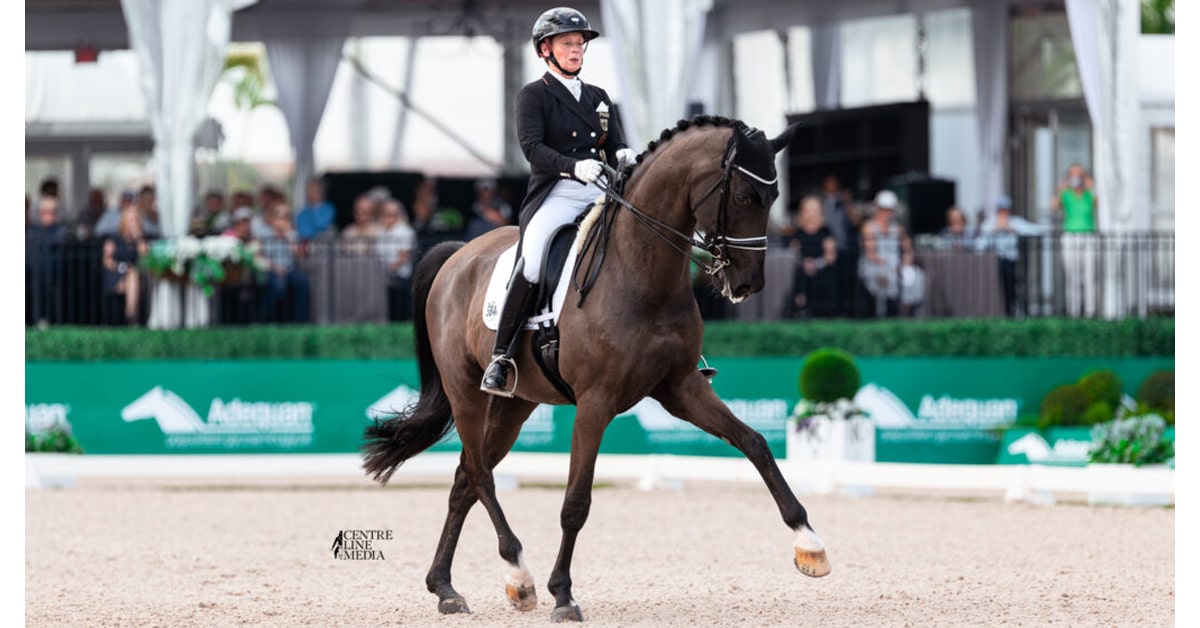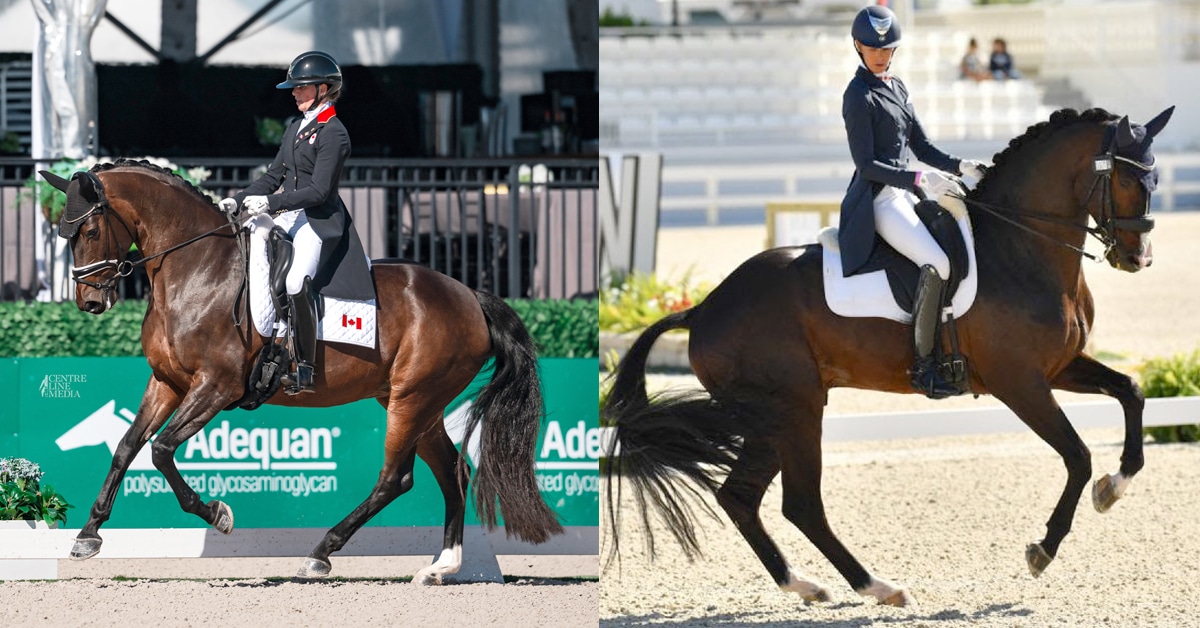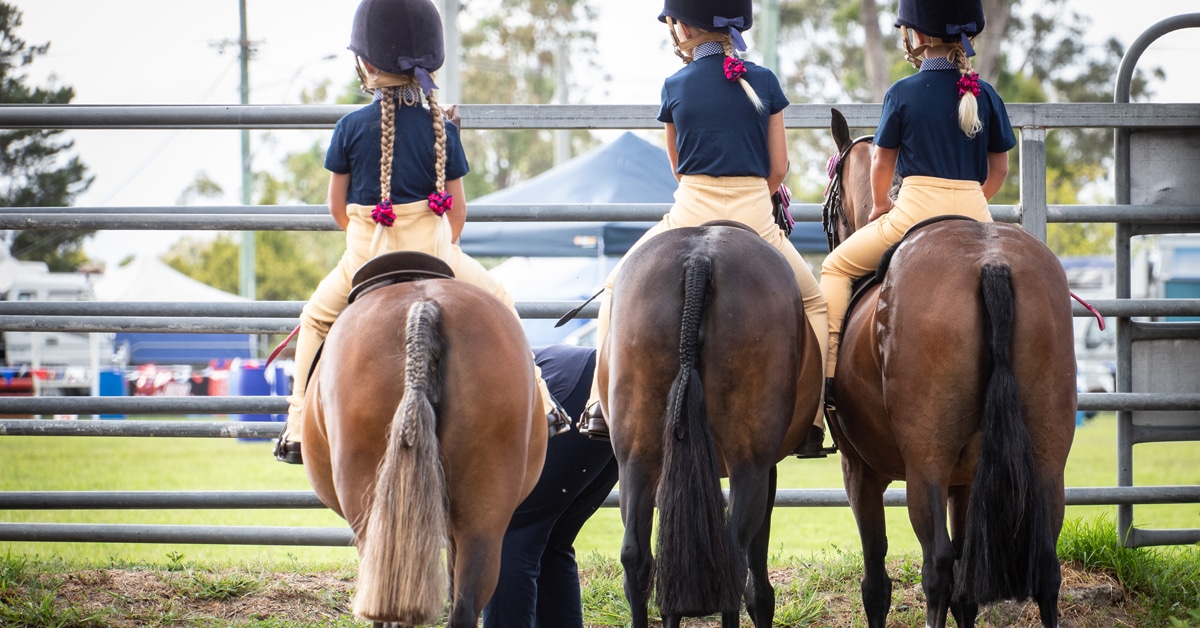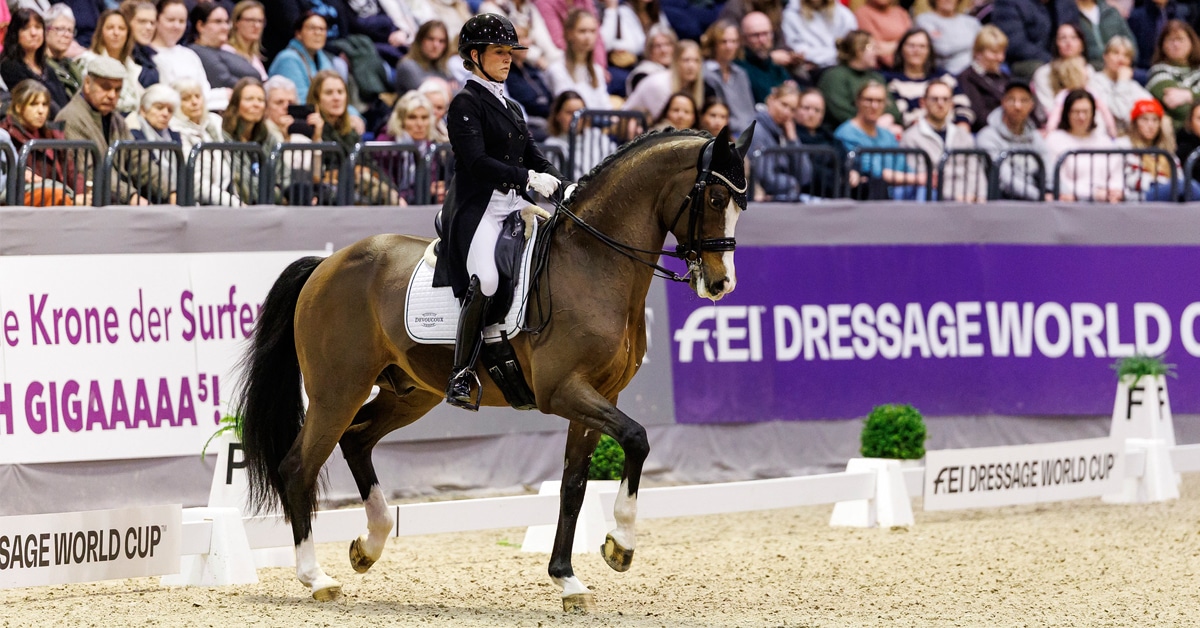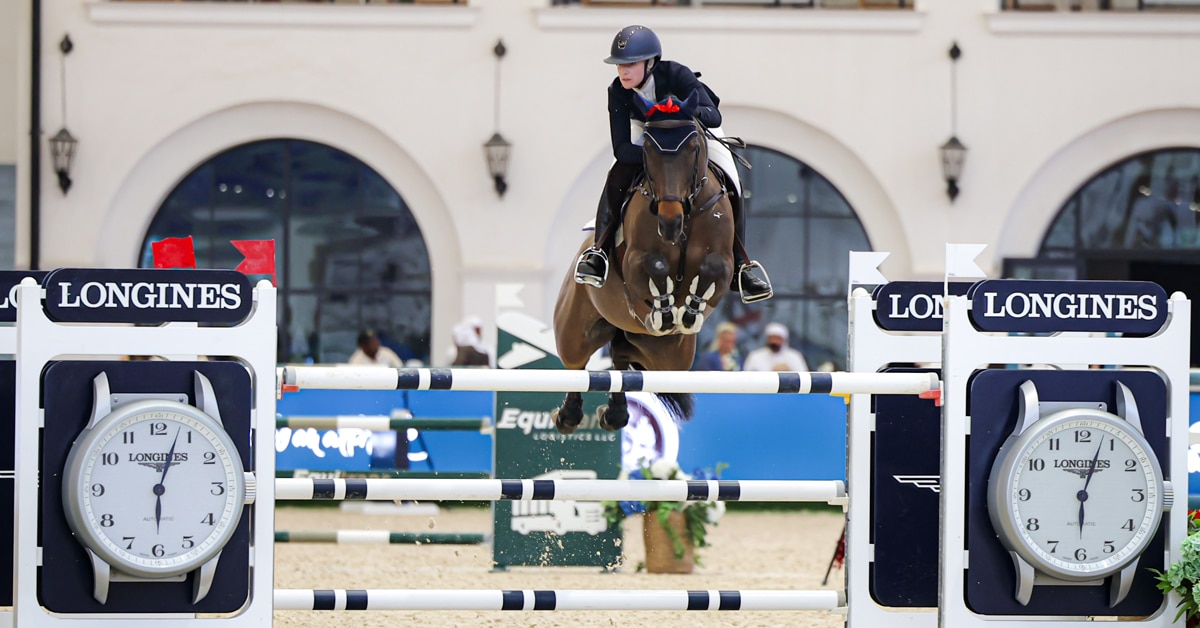The serious risks in accepting rides on horses managed by someone else have been highlighted by record fines of 7,500 Swiss francs ($10,000 CDN) plus two-year suspensions in each of three anti-doping decisions recently handed down by the FEI Tribunal. The fines are the largest ever set in an equine anti-doping case.
Two leading south American endurance riders Federica Rossi (Argentina) and Jonatan Rivera Iriarte (Uruguay) rode doped horses supplied by the same trainer, Abdullah Hasan Al Hammadi of Al Reef Stables, when visiting the UAE early in 2018.
Rivera Iriarte’s borrowed ride HV Chairu tested positive to the banned vasodilator Diisopropylamine and to the banned sedative Hydroxyxylazine after finishing third in the Al Reef Cup 120km ride in January. Rossi’s ride Flor del Caribe tested positive to banned GW1516, GW1516 SULPHONE after finishing seventh in the 160km President’s Cup . The legitimate uses of those substances are in increasing aerobic power and endurance in obese and elderly humans.
In their defence Rivera and Rossi both said they did their best to be informed about everything concerning the horses at Al Reef and to ensure there were “no irregular situations” involving the horses or the team that work with them on a daily basis.
At the rides themselves they saw nothing untoward with the horses, crew, veterinarians or anyone else in the Al Reef team. They also submitted the horses’ veterinary reports from the previous few months.
However the Tribunal said there was no evidence to establish how the banned substances entered the horses system, which is required before any reduction in sanction can be considered.
Large numbers of foreign nationals go to the Middle East for the winter to ride for the big barns. Under the FEI’s Equine Anti Doping and Controlled Medication Rules (EADCMRs) “strict liability” means the rider is always deemed responsible, even when the trainer or another party accepts some or all the blame.
In the third case recently finalised, Qatari rider Hamad Fahad H A Al Marri accepted the ride on Al Baaz in a 100km race in Doha at short notice in March last year from his uncle, a registered trainer. Al Baaz tested positive to Diisopropylamine. Trainer Jaber Hamad Al Marri wished to accept responsibility instead of his nephew. Because of the blockade on Qatar he claimed he could not be with his horses all of the time.
Months later the trainer said that an [un-named] assistant, without his knowledge, had injected Al Baaz with BATACAS [whose supplier, Chinfield laboratories, describes it as a “powerful muscular tonic, generates speed and endurance capability, stimulating oxygenation and blood in muscle.”]
The rider said: “I have no idea really about that until I received the notification about the case from the FEI. I just accepted to ride the horse when I got a request a few days before …. and would never accepted if I knew there is any kind of prohibited substance or controlled substance had been given.
“I know that wouldn’t release me from my responsibility according to the FEI rules and regulation but I really do [sic] my sincere apology to this incident.”
Each of the suspensions have been credited against time served because all three riders were provisionally suspended early in 2018.
The positives were all returned before new FEI rules were applied on January 1, 2019. Since then there is automatic provisional suspension for registered trainer as well as the rider when a horse tests positive to a banned substance.
More News
